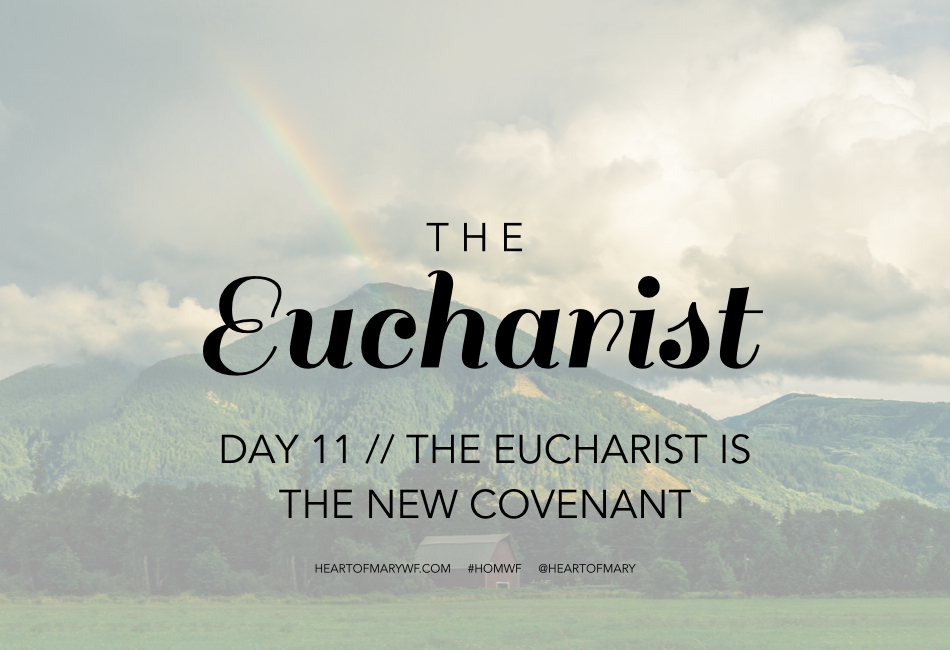The Eucharist
A Bible study
““I am the Bread of Life. Whoever comes to me will never hunger, and whoever believes in me will never thirst.””
So.... we may be approaching this study with different back grounds & experiences. Maybe we don't know what the Eucharist is. Maybe we remember being told it's important and that it's Jesus... but come on... is it really Jesus? Or maybe we have an ardent die hard passion for the Eucharist & are looking for a scriptural resource for a foundation to the belief.
The Study
In today’s passage, St. Paul reminds the people of Corinth to pray an examination of conscience before receiving the Eucharist or else there will be consequences. But why the harshness?
There is a beautiful hymn often sung in Communion that starts with “O Lord, you are the center of my life.” Today, I want to ask you: Is God the center of your life?
“Never be in a hurry; do everything quietly and in a calm spirit. Do not lose your inner peace for anything whatsoever, even if your whole world seems upset.” - St. Francis de Sales
I first got introduced to Adoration when I was in college. It was held every Wednesday inside the campus chapel. I had no idea what to do at first because it was so quiet. Everything I learned up to that point involved either reading the Bible or saying a lot of prayers.
It almost starts out like a joke. Two guys are walking down a road away from where everything is happening to another town. Then Jesus walks with them and they don’t recognize him. I know the disciples aren’t exactly the brightest stars in the sky, but how could they not recognize him when he was right in front of them?!
Let’s play a little word association game. What word do you think of when you hear the word “promise”? You might think of words such as “believe,” “commitment,” “sacrifice,” and “love.” One such word that is also associated with the word “promise” is “covenant.”
My alma mater, The University of St. Thomas in Houston, was named for St. Thomas Aquinas. I studied the Summa Theologiae and the Summa Contra Gentiles as part of my theology and philosophy classes, but most of what I learned about St. Thomas came from outside of the classroom
The quest for immortality is something as old as time itself. We all want to live for as long as possible. I once read an article about a 91-year-old woman who asked her priest to pray that she may live a long life. It’s a bit shocking, but again, I watch a show where a 400-year-old vampire lamented that her life was too short.
First impressions are everything. My favorite novel centered on the importance of making a good first impression and the effects that a bad one can create.
One thing I vaguely remember from my college-level Catechism class was that something called the “showbread” was a precursor to the Eucharist. What is showbread you ask?
I have a confession to make, ladies: I am allergic to wheat. I have been ever since college, but it feels like it’s been like this for a lot longer. In spite of my wheat allergy, I am still able to receive the Communion Host every Sunday. I think it says a lot that I can still receive the Body of Christ in spite of my allergy being so sensitive that I can’t even pig out on a sleeve of Ritz crackers
Sometimes in the Mass, after we recite the Mystery of Faith, the Priest will say one of four Eucharistic Prayers.
One Eucharistic Prayer includes this:
“Be pleased to look upon these offerings with a serene and kindly countenance, and to accept them, as you were pleased to accept the gifts of your servant Abel the just, the sacrifice of Abraham, our father in faith, and the offering of your high priest Melchizedek, a holy sacrifice, a spotless victim.”
Right before we receive communion, the priest holds up the consecrated host one more time and says: “Behold the Lamb of God, behold him who takes away the sins of the world. Blessed are those called to the supper of the Lamb.”
Did you know that there’s a feast that celebrates the Eucharist outside of Holy Thursday? The Feast of Corpus Christi is celebrated one week after Trinity Sunday, usually in the month of June. St. Juliana, a Norbertine nun, was the greatest advocate for the creation of this feast day.

















Some places don’t have perpetual Adoration. For those who only have Adoration for a certain amount of time, a ritual called Benediction takes place at the end. During Benediction, the priest or deacon kneels in front of the Blessed Sacrament and a hymn called the Tantum Ergo is sung.